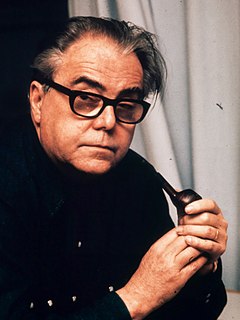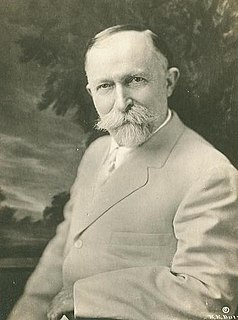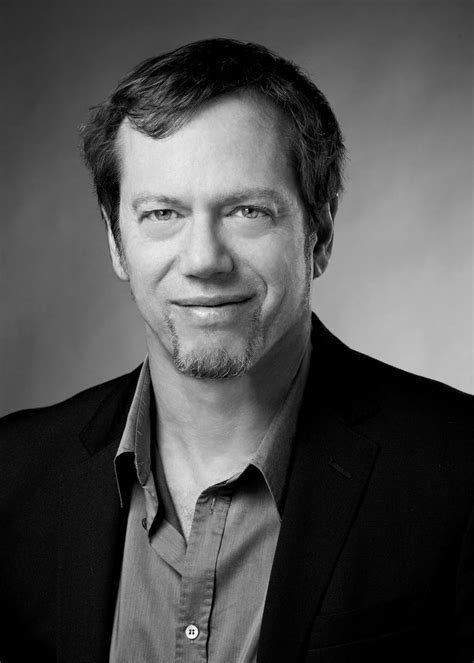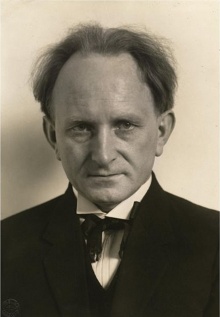A Quote by Adam Smith
Sugar, rum and tobacco are commodities which are nowhere necessaries of life, which are become objects of almost universal consumption, and which are therefore extremely proper subjects of taxation.
Related Quotes
What strikes me is the fact that in our society, art has become something which is related only to objects and not to individuals, or to life. That art is something which is specialized or which is done by experts who are artists. But couldn't everyone's life become a work of art? Why should the lamp or the house be an art object, but not our life?
Tobacco, in its various forms, is one of the most mischievous of all drugs. There is perhaps no other drug which injures the body in so many ways and so universally as does tobacco. Some drugs offer a small degree of compensation for the evil effects which they produce; but tobacco has not a single redeeming feature and gives nothing in return.
And I think this is the real epiphany: the ways in which culture is distributed become profoundly more intriguing as a cultural artifact itself. What we've experienced is an inversion of consumption, one in which we've come to prefer the acts of acquisition over that which we are acquiring, the bottles over the wine.
Until the 19th century, the term 'to consume' was used mainly in its negative connotations of 'destruction' and 'waste'. Tuberculosis was known as 'consumption', that is, a wasting disease. Then economists came up with a bizarre theory, which has become widely accepted, according to which the basis of a sound economy is a continual increase in the consumption (that is, waste) of goods
All the worth which the human being possesses all spiritual reality, he possesses only through the State... For Truth is the Unity of the universal and subjective Will; and the Universal is to be found in the State, in its laws, its universal and rational arrangements. The State is the Divine Idea as it exists on Earth. We have in it, therefore, the object of History in a more definite shape than before; that in which Freedom obtains objectivity...
Tobacco, divine, rare, superexcellent tobacco, which goes far beyond all the panaceas, potable gold, and philosophers stones, a sovereign remedy to all diseases but as it is commonly abused by most men, which take it as tinkers do ale, 'Tis a plague, a mischief, a violent purger of goods, lands, health; hellish, devilish and damned tobacco, the ruin and overthrow of body and soul.
The camera machine cannot evade the objects which are in front of it. When the photographer selects this movement, the light, the objects, he must be true to them. If he includes in his space a strip of grass, it must be felt as the living differentiated thing it is and so recorded. It must take its proper but no less important place as a shape and a texture in relationship to the mountain tree or what not, which are included.
Of crimes injurious to the persons of private subjects, the most principal and important is the offense of taking away that life, which is the immediate gift of the great creator; and which therefore no man can be entitled to deprive himself or another of, but in some manner either expressly commanded in, or evidently deducible from, those laws which the creator has given us; the divine laws, I mean, of either nature or revelation.
Pure photography allows us to create portraits which render their subjects with absolute truth, truth both physical and psychological. That is the principal which provided my starting point, once I had said to myself that if we can create portraits of subjects that are true, we thereby in effect create a mirror of the times in which those subjects live.



































